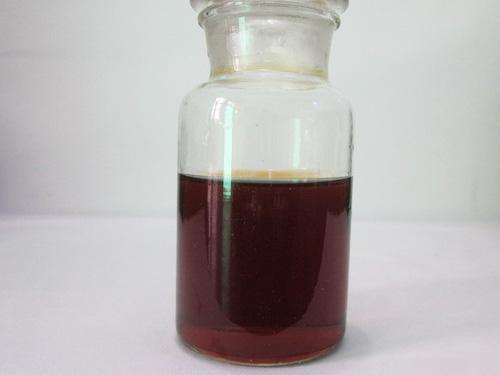Effective Solutions for Preventing Scale Accumulation in Cooling Towers Using Advanced Inhibitor Technologies
Cooling Tower Scale Inhibitors Essential for Optimal Performance
Introduction
Cooling towers are critical components in many industrial and commercial cooling systems, providing essential heat rejection for processes and air conditioning systems. However, the constant cycling of water through these towers can lead to the accumulation of scale, a hard, mineral-based deposit that can hinder performance and efficiency. To combat this issue, cooling tower operators often turn to scale inhibitors, chemical agents designed to prevent or minimize scale formation. This article explores the importance, mechanisms, and types of cooling tower scale inhibitors.
The Importance of Scale Inhibitors
Scale formation is a significant challenge for cooling tower system efficiency. As water evaporates in the cooling process, dissolved solids become concentrated, leading to precipitation and deposit formation on surfaces, heat exchangers, and the fill media of the cooling tower. This scaling can reduce heat transfer efficiency, restrict water flow, and ultimately lead to increased energy consumption, reduced system lifespan, and costly maintenance and repairs.
This is where scale inhibitors play a vital role. By preventing scaling, these chemicals help maintain cooling system efficiency, improve heat transfer rates, and reduce water use and the associated costs of water treatment. Moreover, preventing scale build-up enhances the reliability and longevity of cooling tower systems, making scale inhibitors an essential investment for facilities relying on cooling towers.
Mechanism of Action
Cooling tower scale inhibitors work through various mechanisms depending on their chemical composition. The most common types include phosphonates, polyacrylates, and carboxylate polymers. These inhibitors operate primarily in two ways
1. Threshold Inhibition This mechanism allows the inhibitors to keep the scale-forming ions soluble even at higher concentrations. By modifying the crystal growth process, these chemicals prevent the formation of insoluble scales, ensuring they remain suspended in the water.
cooling tower scale inhibitor

2. Dispersal Some scale inhibitors also function as dispersants. They attach to existing scale particles, preventing them from aggregating or depositing on equipment surfaces. This action helps keep systems clean and operational without requiring more aggressive cleaning methods.
Types of Scale Inhibitors
There are several categories of cooling tower scale inhibitors, each with unique properties and applications. The most commonly used types include
1. Phosphonate-based Inhibitors These are widely used due to their effectiveness at low concentrations and ability to combat a variety of scales, including calcium carbonate and calcium sulfate. Phosphonates are particularly effective in high-durability applications owing to their thermal stability.
2. Polyacrylate Compounds These inhibitors are effective in controlling calcium carbonate scale and are often used in combination with other treatments. They are known for their capability to effectively disperse existing scale particles.
3. Carboxylate Polymers These are versatile inhibitors that can be effective in preventing the deposition of a wider range of minerals. They often serve as multifunctional agents, helping with scale inhibition while also improving system cleaning and maintenance.
Conclusion
In the operation of cooling towers, scale formation poses a significant threat to efficiency and operational integrity. The use of scale inhibitors is essential to mitigate these risks, ensuring optimal performance, energy efficiency, and longevity of cooling systems. By selecting the appropriate scale inhibitor, operators can protect their investment in cooling technology, reduce maintenance costs, and contribute to a more sustainable operation. As technology advances, we can expect to see continued innovations in scale inhibition chemistry, leading to even more effective solutions for the challenges posed by scaling in cooling towers.
-
Water Treatment with Flocculant Water TreatmentNewsJun.12,2025
-
Polymaleic AnhydrideNewsJun.12,2025
-
Polyaspartic AcidNewsJun.12,2025
-
Enhance Industrial Processes with IsothiazolinonesNewsJun.12,2025
-
Enhance Industrial Processes with PBTCA SolutionsNewsJun.12,2025
-
Dodecyldimethylbenzylammonium Chloride SolutionsNewsJun.12,2025





